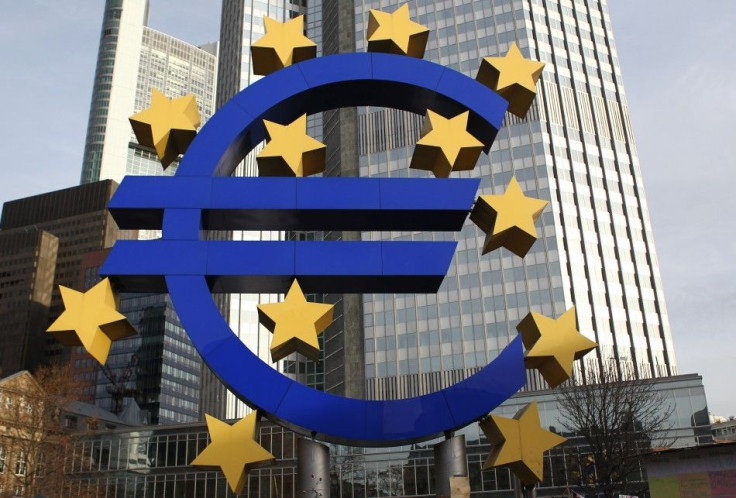Worsening Greek Crisis Clouds Euro?s Future
Analysis

The euro, which has been under increased pressure since the Greek and French elections over the weekend, dropped to near three-month lows on Wednesday as fears about its future resurfaced on the markets.
The European common currency fell 0.3 percent to $1.2977, as it looked increasingly unlikely that Greece would soon have a government that would honor the bailout deal agreed by its predecessor.
The rout of the pro-bailout Greek parties that backed the austerity measures has posed fresh challenges to the euro, and to the euro zone as such. Syriza, the Coalition of the Radical Left, which emerged as second-biggest party, want to tear up the bailout (and austerity) agreement, with its leader saying: The popular verdict clearly renders the bailout deal null.”
Greece is supposed to honor a debt repayment commitment as early as May 17 and, if another tranche of European Central Bank money is not released, the government will run out of money to pay its bills by July. The ECB will hold on further disbursement if Greece is unable to form a government that respects the bailout deal.
The old coalition partners, the New Democracy and PASOK, had stitched together a bailout deal that was endorsed by the troika of the ECB, European Union and International Monetary Fund. Under the rescue deal Greece would implement tough austerity measures to fix the fiscal imbalance and to atone for its past profligacy that drove the country under the bus.
A Greek sovereign default has always been a talismanic scare for the euro stakeholders. If Greece defaults, it would put the common currency under the greatest pressure ever since its creation, and shake the foundations of the currency bloc. Besides wiping out billions in investor money from countries around Europe, a Greek default will usher in an unprecedented banking crisis in Europe that can potentially spread around the world.
A Greece default will also lay to waste all the European efforts in the last two years to avert such a crisis and raise questions about the continuance of several other member countries in the bloc. The question would be -- if the trillion dollars from the ECB, the EU bailout money and the IMF firewall funds can't rescue the region, what can? It would also be asked if the institutions fail and the center does not hold, what is the future of the euro bloc as such.
British Prime Minister David Cameron Wednesday highlighted the difficult future that awaits the euro zone. He told UK's Daily Mail newspaper that the survival of a common currency requires a common government.
There's nowhere in the world that has a single currency without having more of a single government, Cameron, a euroscpetic, said. Making sense of the euro for me would mean that those euro zone countries would have to have much more co-ordinated economic policy, much more co-ordinated debt policy, he said.
Alexis Tsipras, the leader of the Greek radical left, is meeting leaders of PASOK and other parties on Wednesday as part of coalition talks. But it is certain that New Democracy and PASOK will not agree to tear up the bailout agreement for the sake of forming a government.
If no government is formed, Greeks will have to return to the polls again after a month or so and the markets, and euro, will have to put up with extended uncertainty.
We still think the euro will head lower with $1.2950 the level to break in the near-term, Lauren Rosborough, senior FX strategist at Societe Generale, told Reuters.
© Copyright IBTimes 2025. All rights reserved.





















